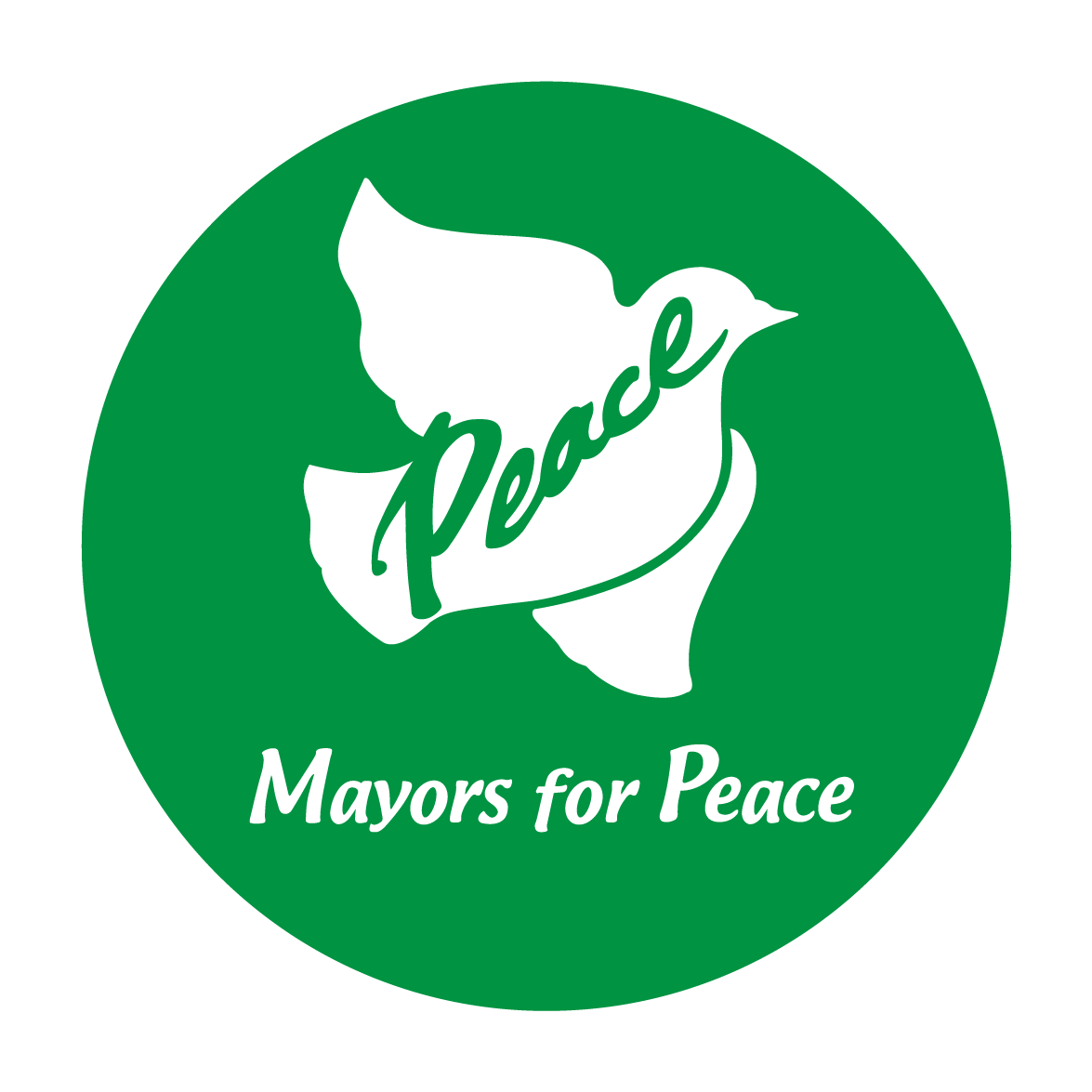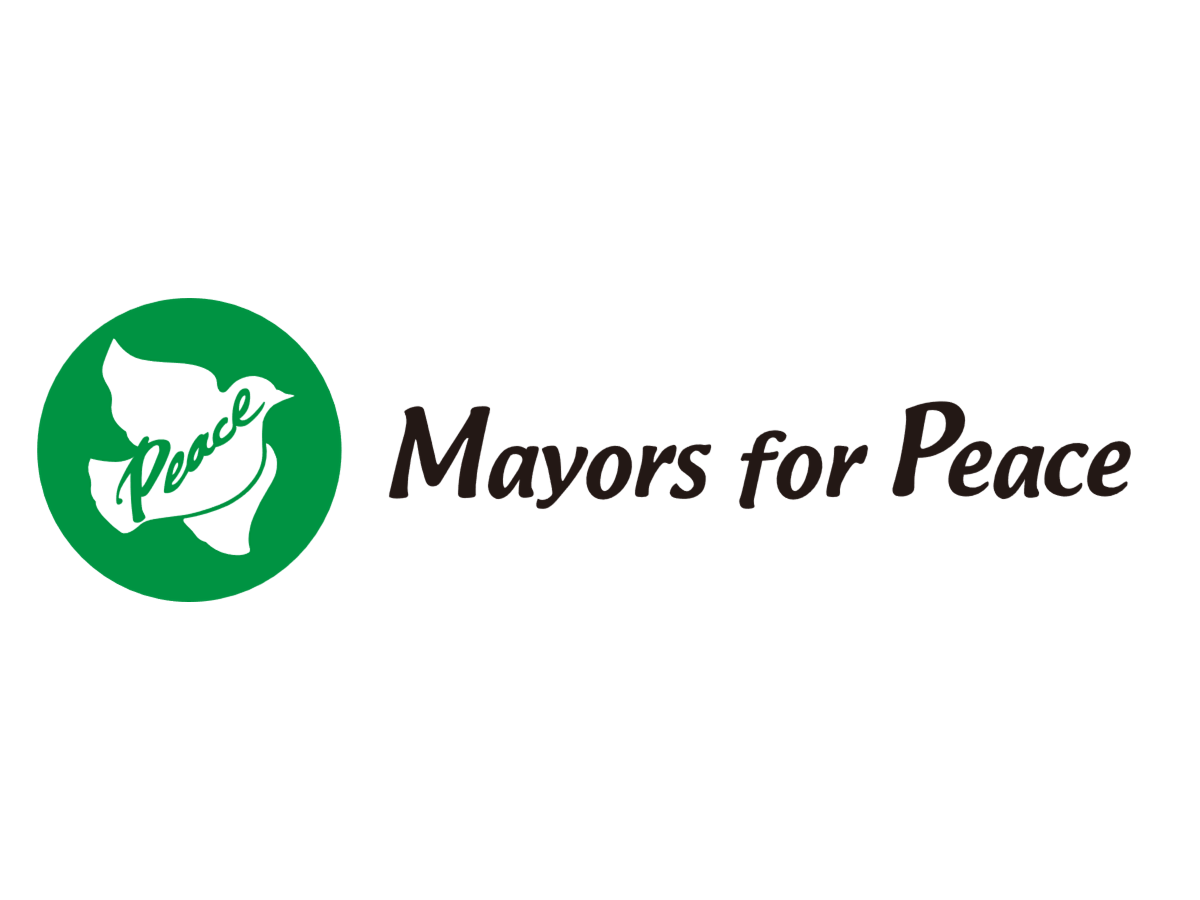Report by Ms. Helena Aranda Mayor, the City of Granollers, Spain
The exhibition, created by FundiPau (a Catalan NGO member of ICAN) commemorates the 75th anniversary of the Hiroshima and Nagasaki bombings.
Until April 8 Granollers citizens could visit the exhibition “Nuclear Weapons #NEVERAGAIN!” at the Can Pedrals Library. The exhibition was opened with a conversation between the Mayor of Granollers Josep Mayoral and the director of FundiPau Jordi Armadans. The municipalities of Barcelona, Sant Boi de Llobregat and Sant Sadurní d’Anoia have also hosted the exhibition.
The exhibition “Nuclear Weapons #NEVERAGAIN!” was organized to commemorate the 75th anniversary of the Hiroshima and Nagasaki bombings. 75 years later, nuclear weapons continue to be a threat to humanity and the planet: there are 13,400 nuclear weapons in the world in the hands of 9 countries, and so far, disarmament agreements have made no significant progress. On January 22, 2021, however, after years of mobilizations and campaigns by civil society organizations (including Mayors for Peace and Fundipau), the Treaty on the Prohibition of Nuclear Weapons, adopted at the UN in July 2017, entered into force. This is a magnificent and essential first step towards advancing towards the eradication of these weapons but much remains to be done to get all countries to join them.
The exhibition, therefore, aims to be an instrument of awareness of this situation at a time when organized civil society has reached this historic milestone. Despite this, the support of the public is needed to get as many countries as possible to join it – the Spanish state has not yet done so – in order to move towards a world free of the nuclear threat.
The exhibition consists of 10 panels and begins with the testimony of Hiroshima survivor and activist Setsuko Thurlow, who in 2017 received the Nobel Peace Prize on behalf of the International Campaign for the Abolition of Nuclear Weapons (ICAN). The exhibition then explains the operation of nuclear weapons, reviews the terrible effects that have caused the tests and the use of these weapons, warning of the threat posed by the large number of nuclear warheads that are still active. Lastly, it presents the work of organized civil society today to move towards its ban and sets out the outstanding challenges to achieving the goal of its total elimination.

